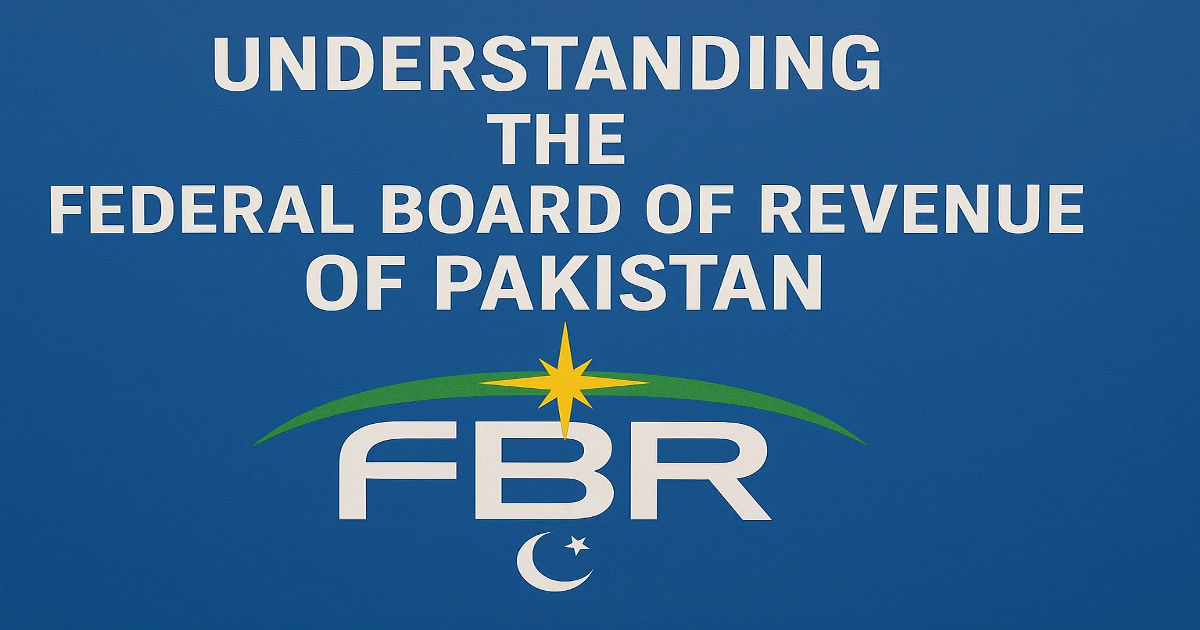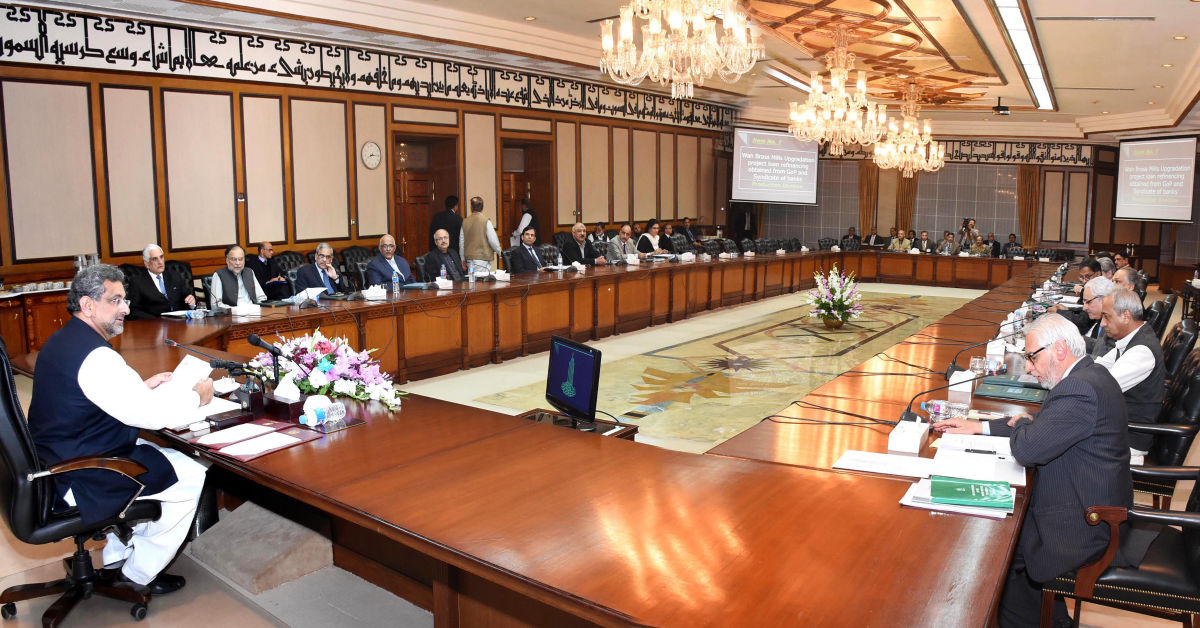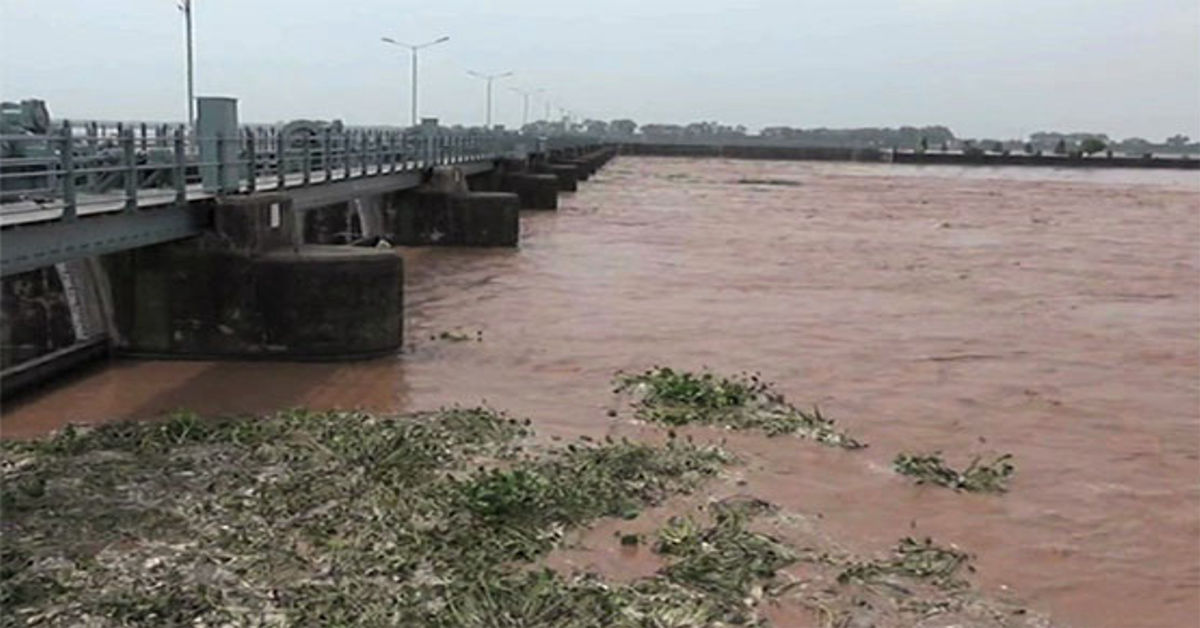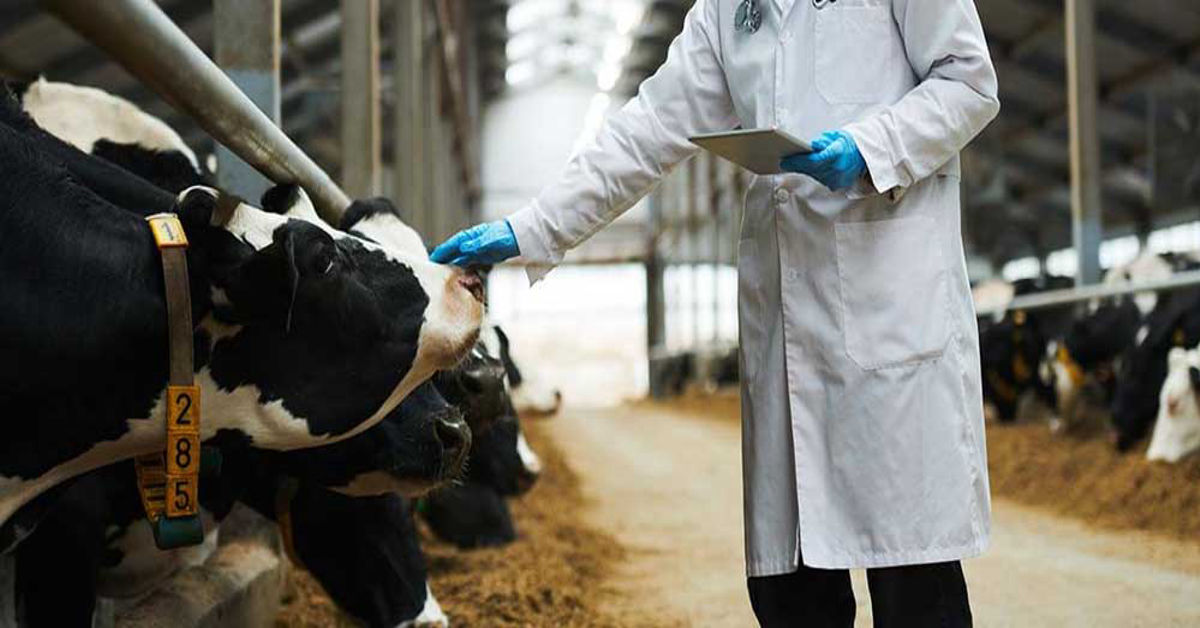
The campaign was initiated by the huge scale inspection drive undertaken during the Eid holidays throughout the city to help the citizens to celebrate the one of the most festive periods of a year with safe and hygienic food. The Islamabad Food Authority had teams that were sent out to Islamabad and its environs to inspect restaurants, food kiosks, and groceries. They were mainly interested in checking the observance of hygiene and food safety requirements. The campaign is an indication of how IFA cares about the overall health of people in the country and in particular festivals when the intake of food is considerably higher. Clean and safe food is a crucial issue to be considered during Eid in order to prevent foodborne diseases and other health-related problems.
Routine Inspections and Prompt Intervention
The food safety teams over the three days, checked 42 food businesses that were distributed in different sectors of Islamabad. These were in form of common restaurants, street hawkers and corner stores. Among these, nine premises were penalised with total fine of Rs. 153,000 due to non-compliance with minimum hygiene requirements. The authorities conducted the inspections not only to punish offenders but also to mentor food vendors on how to carry out their activities properly. IFA officials made it clear that their main goal was not just to regulate but to actively protect consumers. Nevertheless, repeated offences or neglect received stern measures, which comprised monetary fines and seizure of unsafe food.
Health Hazards and Wide Spread Infringements
The publicity drive has shown that hygiene in a number of food outlets in the city is horrifying. Some of the violations seen included kitchens with faulty tiles, standing water and insect infestation. These conditions were recorded and the Islamabad Food Authority teams instantaneously acted against those businesses that would not comply. Inspectors observed poor storage conditions and expired ingredients in most cases, which posed a greater risk of food poisoning. Such negligence may lead to severe outcome on the health of the population considering the increase in the dining during Eid. These results support the importance of the strict hygiene implementation and conscientious food governance.
Improvement Notices to Enhance Better Practices
Besides imposing fines, IFA also served 30 improvement notices to stores that demonstrated negligence but did not reach the level that warrants imposition of fines. These orders advised business owners to correct certain problems within a narrow time period. The focus is to promote self-correction and deterring future violations. The IFA backed such warnings with elaborate advisories to help enterprises improve their hygienic standards. The authority also stressed that it would monitor compliance through follow-up visits. This preventative initiative assists in turning businesses into partners in ensuring food safety as opposed to being the targets of regulation.
Public Health First
According to Dr. Tahira Siddique, the Deputy Director of IFA, the department initiated the campaign to protect people during a period of increased food activity. She emphasised that the authorities would not allow the health of Islamabad residents to be jeopardised. In her explanation, Dr. Siddique stated that the authorities introduced stringent regulations not just to punish but to encourage food handlers to act responsibly. She says that they do not tolerate any action that endangers the health of the population. Her words demonstrate a powerful message by the IFA leadership to ensure the best food safety standards, particularly during the periods when food is in high demand.
Follow-up and Inspection Surprises
As part of a comprehensive plan, authorities will further conduct unplanned inspections in the capital. The authorities are of the opinion that unplanned inspections are the best strategy to ensure the food outlets remain in check. The Islamabad Food Authority will not only target the new places, but also the outlets, which had been issued with improvement notices before to assure that improvements have been done. Frequent check-ups eliminate complacency among food operators who might otherwise assume that safety is guaranteed. The uniformity of these activities is an indication of a balanced program encompassing enforcement, education, and community activities. IFA does not react passively; instead, it takes a proactive approach to resolve issues before they get out of hand.
Teamwork is the Answer
IFA officers have emphasized that the food safety is the collective responsibility among the government, food companies and consumers themselves. Though the authority can enforce regulations, food operators must carry out daily practices that ensure cleanliness. The society too has a great role as they report non-compliance and prefer to dine only in hygienic places. Collaboration of all stakeholders is essential towards permanent change. Such a partnership model does not only result in safer food but also creates confidence among Islamabad citizens. Making safety a shared objective is beneficial to everyone.
Training of Food Business Proprietors
Besides inspections, IFA also pays attention to the education of food venders and restaurant owners. They often conduct workshops and training to educate them on the law on food safety, standards of cleanliness and the health consequences of poor hygiene. Such efforts facilitate the establishment of a culture of accountability within the food sector. Food handlers will find it easier to stick to the reasons why the rules exist. This prevention method is affordable and effective in long-term. It likewise brings about a committal feeling among the members of the local food business.
Eid and The Significance of Being Watchful
Eid is a festival and food is the main part of this festival. But with the pressure of heightened demand, businesses may make compromises. For this reason, authorities such as the IFA need to pay even more attention during such seasons. The safety and nutritive value of what is on the table should be a major concern to all the players in the food chain. The recent campaign by IFA has proven that using the right approach can help protect public health even during peak times. Future food safety campaigns can follow their Eid activities as a blueprint.
Conclusion
Eid hygiene campaign is a noble move towards the safety of people. The Islamabad Food Authority has shown that it will enforce food safety through inspections of 42 eateries and fines to the violators. Through the sustained unannounced visit and education outreach, IFA expects to develop a legacy of hygiene and compliance culture. Food safety does not only deal with inspections but it is a partnership between regulators, businesses and consumers. With collaboration, openness, and inspection, Islamabad can be an example city where all the food delivered is of good health and hygiene standards.
































































































































































